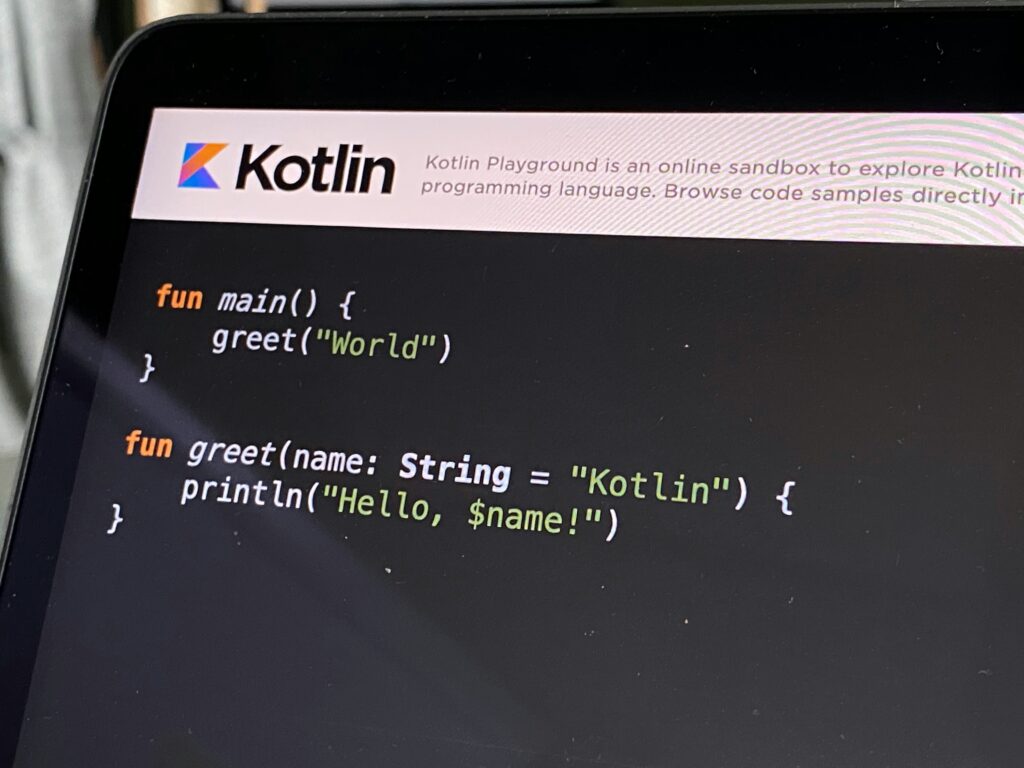unit 8 progress check mcq apush
What’s Covered
Unit 8 MCQs deal with:
The Cold War: origins, government policy, global conflict Suburbanization and domestic economic boom The Red Scare, McCarthyism, and fear of communism The Civil Rights Movement (Brown v. Board, bus boycott, sitins, federal intervention) Vietnam War and protest movements Feminism, the counterculture, and social change 1960s/70s politics: Great Society, conservative reaction, Watergate
Discipline is knowing that unit 8 progress check mcq apush isn’t about isolated facts—it’s how they connect and why they matter.
Question Structure
MCQs are about:
Causation: What led to what? Comparison: How did movements, events, or policies differ? Change and continuity: What stayed the same, what shifted? Evidence from primary/secondary sources: Graphs, short passages, political cartoons.
Expect sets of 2–4 questions per excerpt or image, each requiring focused, efficient reading.
Sample MCQ Breakdown
Cold War policy (1945–1960) Why did the U.S. adopt containment? How did events in Berlin, China, or Korea change U.S. strategy?
Civil Rights Movement What distinguished groups like SNCC from NAACP? How did Little Rock or Selma force federal involvement?
Vietnam and Protest Domino theory: what did it mean for Southeast Asia? Responses to escalation: draft, protest, Supreme Court decisions
Social Change Significance of Roe v. Wade, “The Feminine Mystique,” the voting rights debate
Strategy to Ace the MCQ
Discipline your attention: read the question stem first, then scan the excerpt for confirmation, not discovery. Don’t waste time on choices you know are distractors. Causationbased questions—commit to which event or process led to another, and eliminate lookalike options.
Example unit 8 progress check mcq apush question:
Which of the following best explains a result of the GI Bill after World War II?
A. Accelerated suburban growth B. Ended Jim Crow C. Increased federal taxes D. Led to U.S. defeat in Vietnam
Answer: A (the GI Bill subsidized home loans and college for veterans, spreading suburbanization and access to higher ed).
Another example:
The Montgomery Bus Boycott was significant because…
It combined legal action with mass protest, symbolizing strategic discipline in the Civil Rights playbook—a concept repeatedly tested.
Common Pitfalls
Reading too fast—slow down for any question with a primary source. Overthinking: often, the best answer is the one that makes sense in sequence; don’t chase outlier details. Failing to link theme: every question can be traced to one of APUSH’s reasoning processes—know whether you’re being tested on comparison, causation, or continuity.
Practice Method
Break down practice questions by reasoning type (causation, comparison, etc.). After each progress check, review not just missed questions, but why each wrong answer was tempting. Map every missed item to a content gap, then return to notes or textbook for concise review.
Top Tips for Mastering Unit 8
Connect events—know why MLK’s tactics differed from Malcolm X, or how Nixon’s and LBJ’s Vietnam policies diverged. Always relate major events to the Cold War when possible—it drives U.S. policy through the period. Know the impact of protest on policy. The Civil Rights and antiwar movements used media, courts, and Congress.
Sample Topics Worth Review
Marshall Plan, Truman Doctrine, NATO Brown v. Board, Montgomery Bus Boycott, Voting Rights Act Bay of Pigs, Cuban Missile Crisis, Gulf of Tonkin Great Society, counterculture, Watergate scandal
If you see a question on the unit 8 progress check mcq apush, ask: How did this reshape the American identity, policy, or global role?
Summary Table
| Topic | Key Skill | Example MCQ | |||| | Cold War | Causation/Continuity | Why did containment shape foreign aid? | | Civil Rights | Comparison | How did SNCC tactics differ from older groups? | | Vietnam | Evidence | What does a supplied map reveal about escalation? |
Final Thoughts
Success on the unit 8 progress check mcq apush is less about memory and more about disciplined pattern recognition. Every answer must anchor to a process—cause, comparison, or theme. Take each question slow, seek logic, and always review your missteps with rigor. Progress is made by process, not by scrambling for facts. In APUSH, as in history, structure matters.





